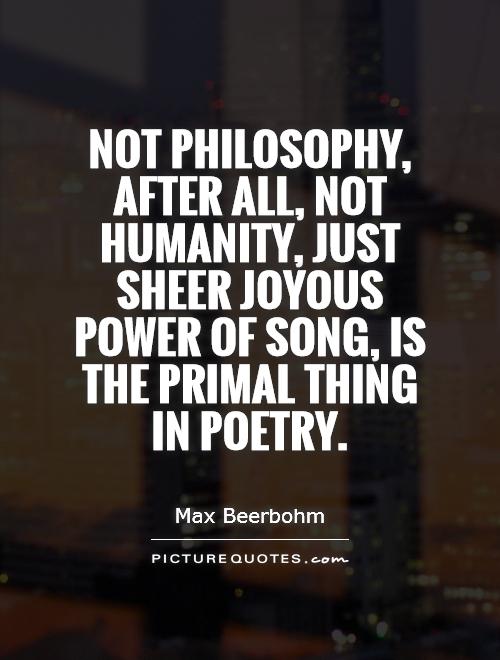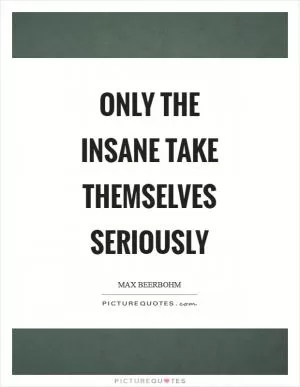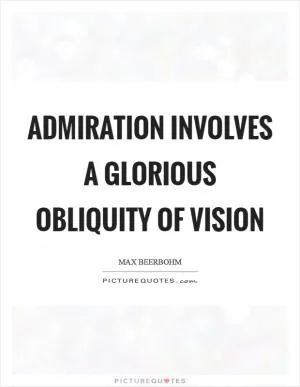Not philosophy, after all, not humanity, just sheer joyous power of song, is the primal thing in poetry

Not philosophy, after all, not humanity, just sheer joyous power of song, is the primal thing in poetry
Max Beerbohm, a renowned English essayist, humorist, and caricaturist, was known for his wit, satire, and keen observations on society and culture. His works often delved into the complexities of human nature, the absurdities of life, and the nuances of art and literature. However, despite his intellectual prowess and philosophical musings, Beerbohm understood the true essence of poetry as being rooted in the sheer joyous power of song.In his essay "A Defence of Cosmetics," Beerbohm writes, "Not philosophy, after all, not humanity, just sheer joyous power of song, is the primal thing in poetry." This statement encapsulates Beerbohm's belief that poetry, at its core, is about the pure, unadulterated expression of emotion and beauty through the medium of language. It is not about lofty philosophical ideas or profound insights into the human condition, but rather about the visceral experience of being moved by the music and rhythm of words.
Beerbohm's own writing reflects this understanding of poetry as a celebration of the power of language to evoke emotion and create beauty. His essays are often characterized by their lyrical prose, playful use of language, and keen sense of rhythm and cadence. In his caricatures, Beerbohm captures the essence of his subjects with a few deft strokes of his pen, distilling their personalities and quirks into a single image that speaks volumes.
Beerbohm's appreciation for the joyous power of song in poetry is evident in his playful and whimsical approach to writing. He understood that poetry is not meant to be a solemn and serious affair, but rather a source of delight and pleasure for both the writer and the reader. In embracing the sheer joy of language and the musicality of words, Beerbohm was able to create works that resonate with readers on a deep emotional level, transcending the boundaries of time and space.












 Friendship Quotes
Friendship Quotes Love Quotes
Love Quotes Life Quotes
Life Quotes Funny Quotes
Funny Quotes Motivational Quotes
Motivational Quotes Inspirational Quotes
Inspirational Quotes